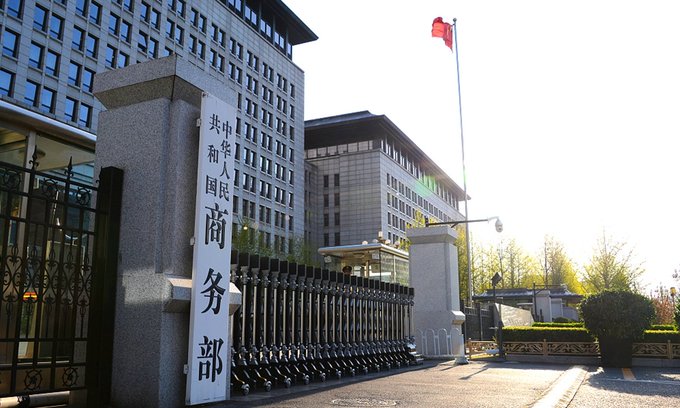China has initiated two major trade investigations targeting US semiconductor exports just before critical US-China trade talks in Madrid, signaling heightened trade tensions amid fierce competition over advanced technology. These probes highlight Beijing’s intention to push back against US policies that it claims disadvantage Chinese companies while also addressing alleged unfair trade practices in the analog chip market.
Overview of the Probes
China’s Ministry of Commerce announced on September 13, 2025, the launch of:
-
An anti-discrimination probe into US policies that restrict Chinese semiconductor companies.
-
An anti-dumping investigation regarding the pricing of certain US analog integrated circuit (IC) chips in the Chinese market.
The anti-discrimination probe focuses on US export controls and tariffs implemented since 2018, including those under the CHIPS and Science Act, which China argues unfairly restrict its firms’ access to advanced semiconductor technology vital to AI and computing. Meanwhile, the dumping probe alleges that some US chipmakers are selling analog IC chips significantly below fair market value, harming domestic Chinese producers.
Timing and Context
The timing is strategic, preceding the September 14-17 trade talks in Madrid, which aim to address tariffs, export controls, and data privacy issues like TikTok. China’s decision to initiate these investigations at this juncture demonstrates a dual strategy: openly challenge US trade restrictions through WTO-consistent measures and leverage negotiations to press for more equitable trade terms.
Trade and Market Impact
Semiconductors are critical to both economies: China is a major consumer and manufacturer of chips, while the US hosts leading chip design companies. The probes introduce fresh uncertainty into this complex relationship, potentially disrupting supply chains just as global chip demand surges due to AI and cloud computing growth.
US semiconductor exports to China reached approximately $10.5 billion in 2024, with significant contributions from states such as Oregon and New Mexico. Although export restrictions have targeted advanced chips, overall exports to China have remained robust, underscoring the intertwined nature of the industries.
Global Semiconductor Market Context (2025 Data)
| Aspect | Data and Notes |
|---|---|
| Global Semiconductor Sales | Forecast to reach $700.9 billion in 2025, +11.2% YoY growth driven by AI and cloud demand |
| US-China Semiconductor Trade | China accounts for ~15% of US semiconductor exports; $10.5 billion exports to China 2024 |
| Major Players | US firms: Nvidia, AMD, Broadcom; Chinese makers: SMIC, HiSilicon |
| US Export Controls | Tightened since 2022 on advanced chips and manufacturing equipment |
| Chinese Market Impact | Analog IC chips targeted in dumping probe; US probes focus on alleged discriminatory practices |
Recent reports highlight the financial divide in semiconductor manufacturing: Taiwan’s TSMC posted $30.1 billion revenue in Q2 2025, while China’s SMIC saw income declines due to trade controls. This bifurcation underscores the geopolitical realignment shaping the industry.
Strategic and Economic Implications
These probes underscore the increasing difficulty of maintaining cooperative trade amid strategic rivalry over semiconductor leadership. The US aims to curb technology transfer to China citing national security, while China frames its response as defending fair trade and its economic sovereignty.
For US chipmakers, the investigations pose risks of tariffs or import barriers affecting sales and supply chains. For China, the measures are attempts to safeguard nascent domestic production capabilities from aggressive US trade actions.
The upcoming Madrid talks represent an opportunity for both sides to potentially de-escalate tensions or at least clarify positions, but the initiation of trade probes signals that competition, especially in technology-intensive sectors, will remain fierce.
Summary Table of Key Points
| Probe Type | Targeted Issues | Potential Effects | Timing |
|---|---|---|---|
| Anti-Discrimination | US export restrictions on China | Possible removal or modification of restrictive US policies; negotiation leverage | Before Sep 14-17 trade talks |
| Anti-Dumping | Low-priced US analog IC chips | Imposition of tariffs or quotas to protect Chinese firms | Concurrent with trade talks |
In conclusion, China’s launch of anti-discrimination and dumping probes into US semiconductor products ahead of pivotal trade negotiations reflects the deep complexities and competitive dynamics shaping today’s global tech trade. The outcomes of these investigations and the Madrid discussions will be pivotal for semiconductor market stability and bilateral economic relations between the US and China.

